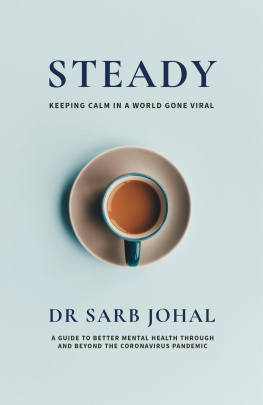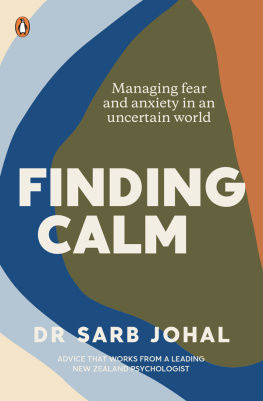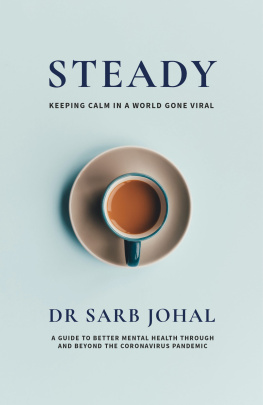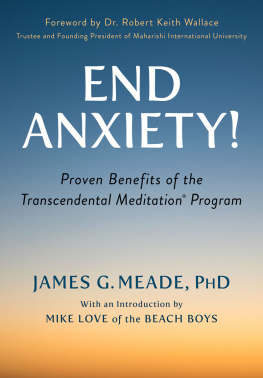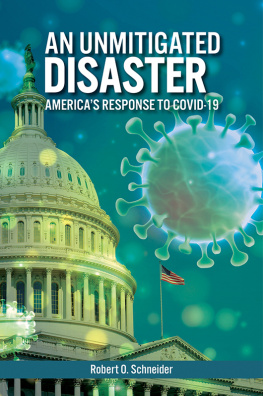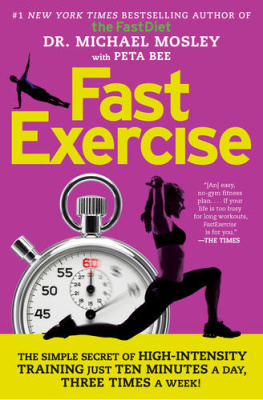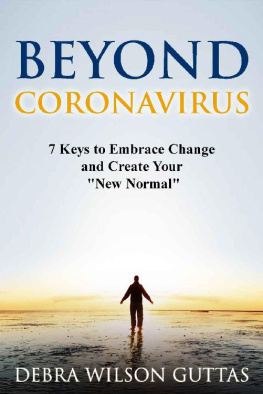Sarb Johal asserts his moral right to be identified as the author of this work.
All rights reserved, including the right to reproduce this book or portions thereof in any form whatsoever. For permission enquiries, contact the publisher.
A catalogue record for this book is available from the National Library of New Zealand.
The content of this book is for informational purposes only. The content is not intended to be a substitute for professional advice, diagnosis, or treatment of illness. Always seek the advice of your mental health professional or other qualified health provider with any questions you may have regarding your condition. Do not disregard professional advice or delay in seeking it because of something you have read in this book.
Although I have made every effort to compile accurate information in this book at time of publication, I make no representations, warranties or guarantees, whether express or implied, that the content in this book is complete or up to date, especially as we progress through this Covid-19 pandemic.
If you have questions about any medical matter, you should consult your doctor or other professional healthcare provider without delay. If you are in crisis or you think you may have an emergency, call your doctor or emergency services number immediately. If youre having suicidal thoughts, call your local emergency services to talk to a skilled, trained professional at a crisis centre in your area.
On the first day of my clinical psychology training at University College London in 2000, Course Co-Director, Professor Tony Roth came into the training teaching room to address the new students.
What he said that day perfectly encapsulated what I had already learned in the preceding 10 years as a psychologist, and what I have continued to experience in the years since, whether one-on-one working with clients in clinical practice, advising government and ministers, or sharing insights through the media.
His words resonated so strongly with me that they have become my core professional belief:
The central task of a psychologist is to help people live with uncertainty.
Uncertainty can show itself in so many ways. The precarious existence of so many people all around the world means that they find it difficult to plan even more than a few days ahead. Sometimes even that may feel like a very long time, fraught with tough decisions on how to spend what little money they may have and how to pay for rent, food, transport and healthcare.
For others, it can show itself as existential dread. We all have an illusory cocoon of invulnerability that enables us to get on with everyday living despite the risks we must take every day. Yet in one moment that cocoon can be punctured, revealing the fragility of life and the seemingly futile ways in which we attempt to ward off the inevitable consequence of our death. This can bring on a re-examination of lifes purpose and meaning, which can be hard to deal with in times when we are reminded of our vulnerability each day.
For many of us, the Covid-19 pandemic has activated this uncertainty and anxiety. At the start of 2020, few of us could have predicted the way the virus would sweep the globe, fundamentally changing almost every aspect of our daily lives. Freedoms we took for granted spending time with loved ones, leaving the house at will, going to church or a sports game, carefree supermarket shopping disappeared overnight.
At first, you may have thought going into lockdown was the hard part. Lets just get through the next four weeks, stamp out the virus and things will get back to some sort of normal.
Now we know from experiences all over the world, that it doesnt work like that. We can stay home for a time, we can throw up strict border controls while we wait for a vaccine and treatments to be developed, yet still find ourselves locked in a cycle of escalating case numbers all over again.
The lasting economic impacts of Covid-19 and the public health measures enacted to contain its spread and protect the most vulnerable are substantial and only starting to make themselves felt. Work has changed and will continue to require substantial adjustment or even realignment. People have lost jobs with no way of knowing whether work will ever return in that form. Opportunities for other employment have dried up, with competition for jobs becoming even fiercer than it was before. Existing relationships are under strain, as people struggle to deal with the practical problems of being required to stay home in perhaps cramped and difficult living circumstances.
For those that have jobs, working from home has become a completely different scenario when compared to pre-Covid times. Where once you might have worked at home for a day to complete a difficult task in peace and quiet, working from home in the middle of a global pandemic, while simultaneously running a household and acting as schoolteacher, is a completely different proposition.
Depending on current restrictions wherever you may live, even just leaving the house for work or to get groceries can take serious planning, to keep ourselves and our loved ones safe. To make matters worse, the rising tide of disinformation and the politicisation of public health measures designed to keep the public safe have contributed to a worsening sense of uncertainty. Many people have experienced leadership as lacking and have been left feeling ill-prepared to cope with whatever comes next.
At an international level, its clear that the terms of reference for travel and trade have fundamentally changed. What this will look like and how long this will last is difficult to know, but in New Zealand, the governments Treasury department has predicted that the borders to international travellers are likely to remain closed until early 2022. Its worth noting that although the advent of viable vaccine candidates likely to be available as early as December 2020 may change this, the practical challenges of being able to vaccinate everyone who needs or wants it remains. Vaccine hesitancy and deliberate misinformation campaigns may temper uptake of the vaccine, meaning that the pandemic may not peter out quite as quickly as the more optimistic projections in recent weeks.
Demand for goods and trade across international borders and regions is changing, perhaps in a lasting way. Its possible that manufacturing bases and supply chains will be reshaped to provide better resilience against future similar shocks. This could mean significant changes to working practices and incomes for parts of the world that have in recent years become workshops serving globalised demand. Indeed, this could signal the end of times for globalisation as we currently know it. Many economic and wider strategic plans are noticeably silent concerning the 20202022 period. Its just too difficult to forecast, with so many variables at play.
None of this becomes clearer until effective vaccines become widely available and so the development of a vaccine has become the holy grail for many different pharmaceutical companies, supported by massive funding from governments across the world. This seems to have paid dividends, with vaccine trial data indicating that effectiveness rates of up to 95% have been achieved and licences for use being issued by regulatory authorities. On the one hand, this is astonishingly encouraging. On the other, the danger of vaccine nationalism and practical obstacles such as supply chains, cold storage, and capacity to actually get the vaccine into enough arms at scale means that the ability of vaccines to truly tackle the coronavirus in a global way could be fraught with difficulty. This in turn means that the pandemic may continue on for longer than it might otherwise. Global cooperation and coordination on these issues has been sadly lacking, despite the best efforts of the World Health Organization.

